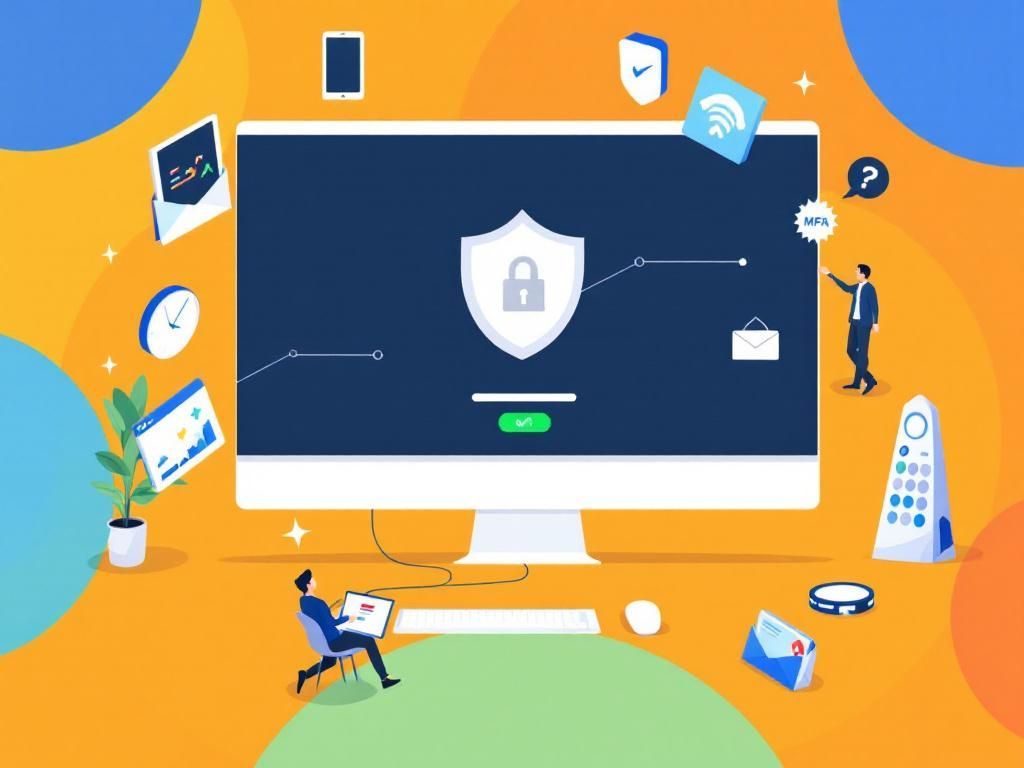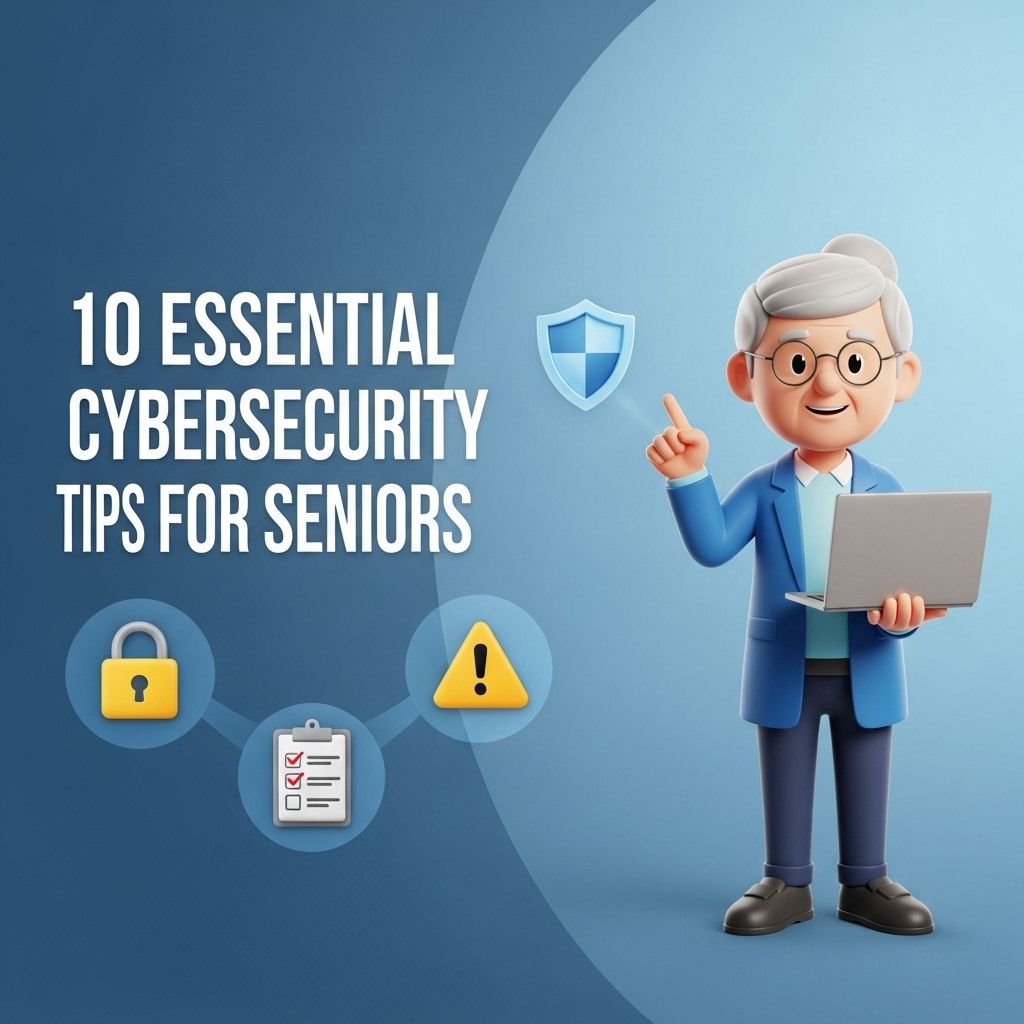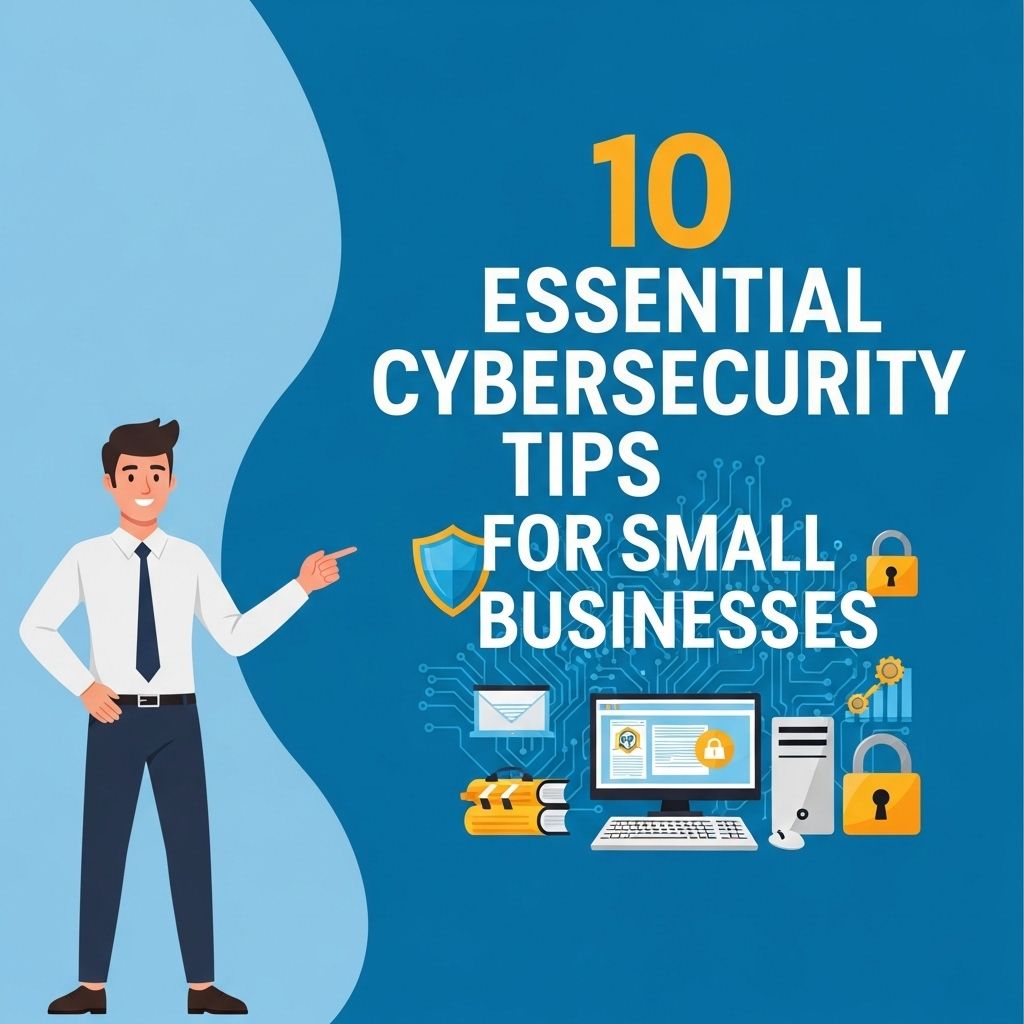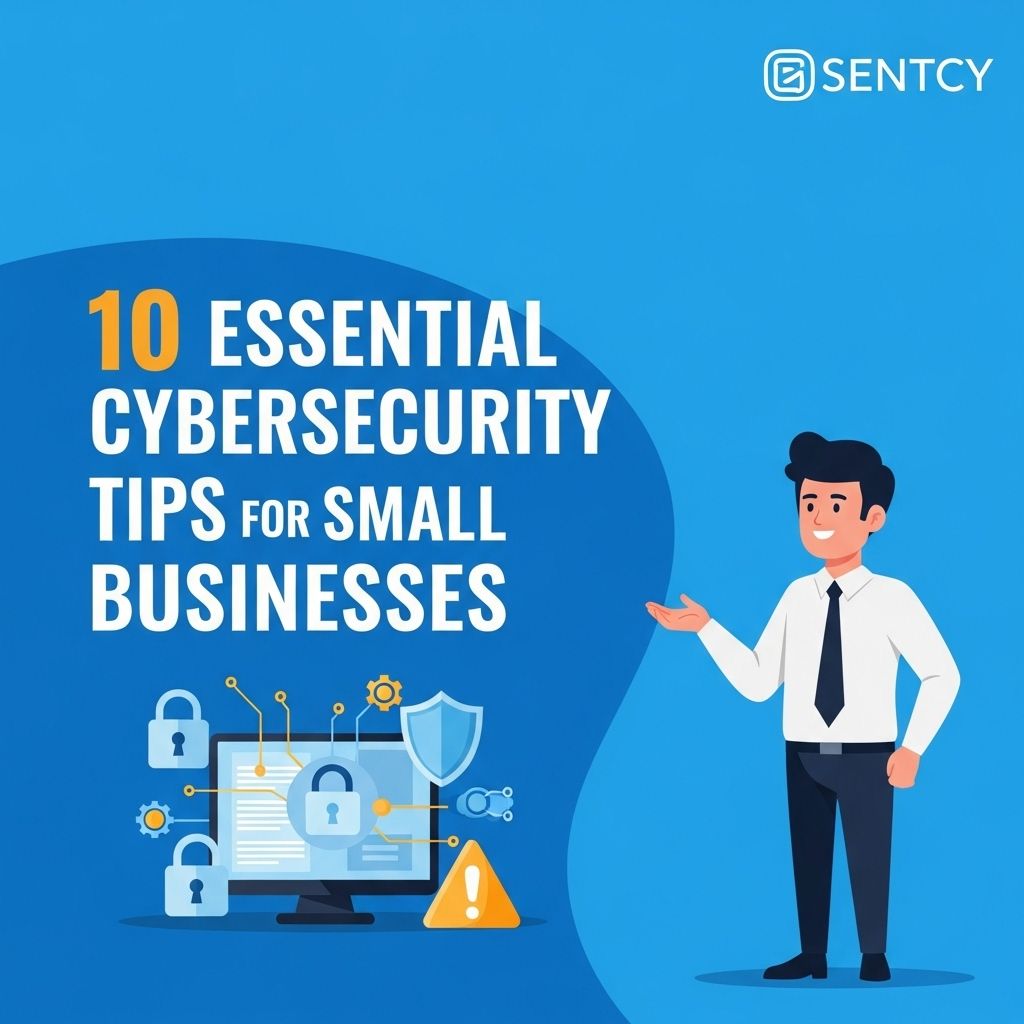Boost Your Security with MFA Setup Services
Enhance your online security today with our expert MFA setup services. Learn how multi-factor authentication protects your data effectively.

In today’s digital landscape, where cyber threats are evolving at an unprecedented pace, ensuring the security of sensitive information is more critical than ever. Multi-Factor Authentication (MFA) has emerged as a robust solution to enhance security across various platforms. In this article, we will explore the importance of MFA, its benefits, and how to effectively implement MFA setup services in your organization.
Table of Contents
Understanding Multi-Factor Authentication
Multi-Factor Authentication is a security mechanism that requires users to provide two or more verification factors to gain access to a resource, such as an application, online account, or VPN. This process adds an additional layer of security beyond just a username and password, making it significantly harder for unauthorized users to gain access.
The Components of MFA
Typically, MFA combines the following components:
- Something you know: This is usually a password or PIN.
- Something you have: This could be a smartphone, hardware token, or smart card.
- Something you are: This refers to biometrics like fingerprints, facial recognition, or retina scans.
Why is MFA Essential?
The necessity of MFA cannot be overstated. Here are some compelling reasons for implementing MFA:
Increased Protection Against Cyber Attacks
With cyber threats on the rise, MFA provides an additional barrier against common attack vectors, such as:
- Phishing
- Credential stuffing
- Brute force attacks
Regulatory Compliance
Many industries are subject to strict regulatory requirements regarding data protection. Implementing MFA can help organizations comply with standards such as:
- GDPR
- HIPAA
- PCI-DSS
Reducing Identity Theft
MFA significantly reduces the risk of identity theft by requiring more than just a password for authentication. Even if a password is compromised, the chances are slim that a hacker will also have access to the second factor.
Implementing MFA Setup Services
Implementing MFA in your organization may seem daunting, but it can be streamlined with the right setup services. Here’s how to get started:
Assessment of Security Needs
Before implementing MFA, assess your current security posture:
- Identify sensitive information and assets that require protection.
- Evaluate existing authentication methods and their vulnerabilities.
- Determine the level of risk specific to your organization.
Choosing the Right MFA Solution
Not all MFA solutions are created equal. Evaluate options based on:
- User experience: Ensure the solution is user-friendly.
- Integration capabilities: Check compatibility with existing systems.
- Cost: Consider the total cost of ownership, including setup and maintenance.
Deployment Strategies
Deploying MFA can be approached in various ways:
| Deployment Method | Description |
|---|---|
| Cloud-based MFA | Utilizes cloud services to manage authentication, making it easy to scale. |
| On-premises MFA | Requires local servers and hardware, offering more control but higher maintenance. |
| Hybrid MFA | Combines both cloud and on-premises solutions for flexibility. |
Monitoring and Maintenance
After implementing MFA, continuous monitoring and maintenance are essential. Consider the following:
Regular Audits
Conduct regular security audits to assess the effectiveness of your MFA implementation.
User Education
Educate users about the importance of MFA and best practices for using it:
- Encourage the use of authenticator apps over SMS for security.
- Provide training on recognizing phishing attempts.
Updates and Patches
Regularly update MFA solutions to protect against new vulnerabilities.
Challenges of MFA Implementation
While MFA offers numerous advantages, organizations may face challenges when implementing it:
User Resistance
Some users may find MFA cumbersome. It’s essential to communicate the benefits clearly and provide support.
Cost Implications
Initial costs for MFA setup can be high. Evaluate the long-term savings from preventing security breaches.
Technical Issues
Technical challenges may arise during deployment, requiring skilled personnel for troubleshooting and support.
Conclusion
Multi-Factor Authentication is not just an option but a necessity in today’s cybersecurity landscape. By understanding its importance and effectively implementing MFA setup services, organizations can significantly enhance their security posture and protect sensitive data from unauthorized access. As cyber threats continue to evolve, embracing MFA will be a critical step in safeguarding your digital assets.
FAQ
What is MFA and why is it important?
MFA, or Multi-Factor Authentication, adds an extra layer of security by requiring multiple forms of verification to access an account, making it significantly harder for unauthorized users to gain access.
How can I set up MFA for my accounts?
You can set up MFA by accessing the security settings of your accounts and enabling the option for Multi-Factor Authentication. You may be prompted to use an authentication app, SMS, or email for verification.
What are the benefits of using MFA setup services?
MFA setup services streamline the implementation process, ensure proper configuration, and provide ongoing support, helping to enhance your overall security posture.
Can I use MFA on all my accounts?
Most major platforms and services offer MFA options, but it’s important to check each service’s settings to see if it supports Multi-Factor Authentication.
What types of MFA methods are available?
Common MFA methods include SMS codes, email verification, authenticator apps, biometric scans, and hardware tokens, each providing varying levels of security.
Is MFA worth the investment for small businesses?
Absolutely! MFA is a cost-effective way to protect sensitive data and reduce the risk of breaches, making it a valuable investment for businesses of all sizes.








